Enjoy doing, decide to do... (B1)
Verbs with ING or TO (367)
Slovesa s ING nebo TO (1. část)
Slovesa s ING nebo TO – procvičování:
Na Landigo máme další lekce na stejné téma:
- Slovesa s ING nebo TO (A2)
- Slovesa s ING nebo TO (B1) – 2. část
- Slovesa s ING nebo TO (B2) – 3. část, 4. část, 5. část
We've always enjoyed travelling, so we decided to travel the world next year.
| ENJOY + -ING: |
We've enjoyed to travel travelling.
|
| DECIDE + TO infinitiv: |
We decided travelling to travel.
|


Někdy používáme dvě slovesa za sebou. Podle prvního slovesa má druhé sloveso koncovku -ING (doing) nebo je v infinitivu (to do, do):
|
Lucy enjoys doing the English course.
|
|
She decided to do the English course.
|
|
She should do the English course.
|
Po některých slovesech můžeme použít -ING i infinitiv (doing/to do):
|
She started doing the course.
|
|
She started to do the course.
|
Enjoy doing, suggest doing, keep doing...
Slovesa s -ING :
| + DOING |
|---|
| enjoy, fancy |
| consider, imagine, risk, miss, suggest |
| mind, would mind, can't stand |
| avoid, admit, deny |
| delay, postpone, finish, keep |

















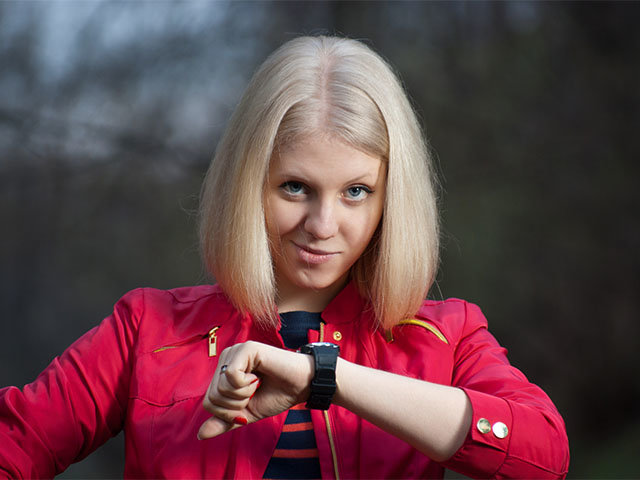







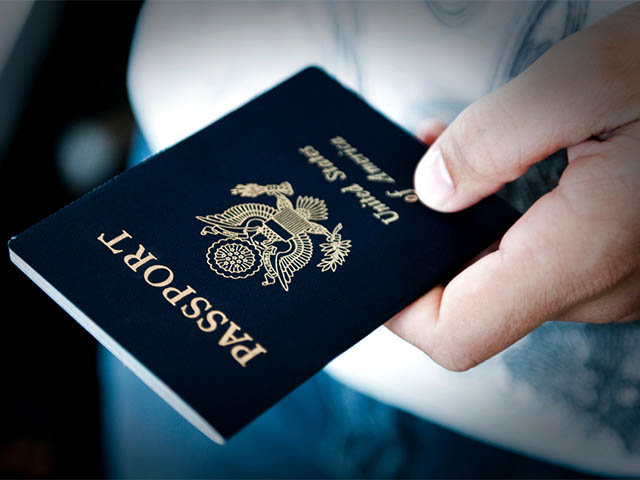






Would you mind turning the volume down? – No, not at all!
| WOULD MIND + -ING: |
|
Would you mind to turn turning it down?
|


Frázová slovesa s předložkou (up, off, on...) používáme s -ING:
| + DOING |
|---|
| give up, put off, carry on, go on, keep on... |








We were tired, but we kept on climbing to reach the top of the mountain.
| KEEP ON + -ING: |
|
We kept on to climb climbing.
|


Decide to do, want to do, promise to do...
Slovesa s TO infinitivem:
| + TO DO |
|---|
| decide, want, offer, hope, deserve, afford, manage, promise, agree, plan |
| forget, fail, refuse, threaten |
| appear, seem |
| claim, pretend, tend |




































Další slovesa s TO infinitivem:
| + TO DO |
|---|
| would like, would love |
| would hate |
| would prefer |

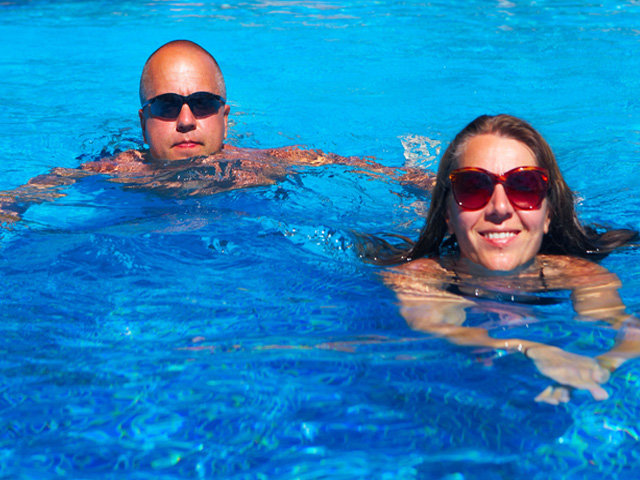





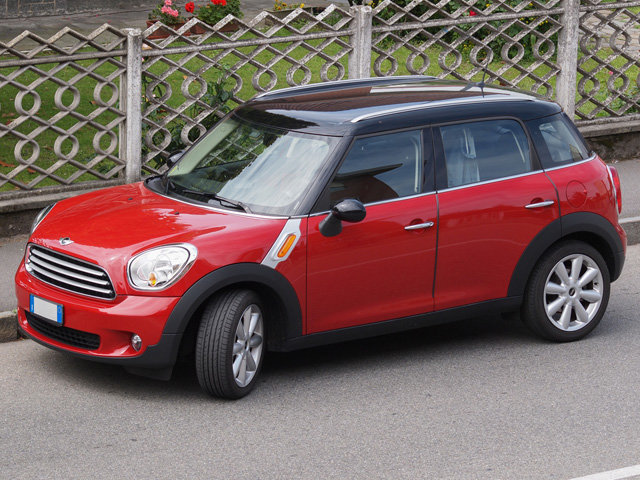
Porovnejte:
|
Would you like to help me?
|
Chtěl bys mi pomoci? |
|
Would you mind helping me?
|
Nevadilo by ti, kdybys mi pomohl? |
Nikoliv: Would you mind TO HELP me?
Did Toby and Jess agree to join us for dinner? – Yes, they would love to eat out with us.
|
Did they agree joining to join us?
|
|
They would love eating out to eat out with us.
|


Can do, should do, let me do...
Modální slovesa používáme s infinitivem bez TO:
| + DO |
|---|
| can, could, will, would, may, might, should, must |




Po LET a MAKE používáme předmět + infinitiv bez TO:
| + SOMEBODY DO |
|---|
| let, make |




Should I let the dog run loose?
|
Should I let him running run?
|

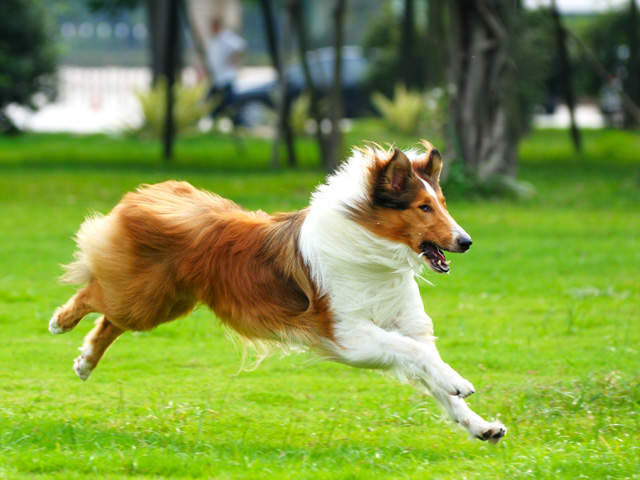
Start doing, start to do...
Slovesa s -ING/TO infinitivem:
| + DOING/TO DO |
|---|
| like, love, hate |
| start, begin, continue |
| intend, bother, can't bear |




































Simon and I love watching rugby at the weekend.
|
We love watching it.
|
|
We love to watch it.
|


Po LIKING, BEGINNING, STARTING... používáme obvykle infinitiv s TO:
|
It's beginning to rain.
|
Look, it's starting to snow now!
|
It's starting snowing to snow!
|


Know what to do, ask how to do...
Slovesa, po kterých používáme tázací slovíčko WHAT, WHO, WHEN... + TO infinitiv:
| + WHAT TO DO |
|---|
| know, ask, decide, remember, forget, explain, learn, understand, wonder |
















I'm wondering where to go first. Paris or Madrid?
|
I'm wondering where going to go.
|


Tell me what to do, ask him how to do...
Po TELL, ASK, SHOW, TEACH můžeme použít předmět + WHAT/HOW/WHERE + TO infinitiv:
| + SOMEBODY WHAT TO DO |
|---|
| tell, ask, show, teach |








If you ask your dad, he'll show you how to make pancakes.
|
He'll show you how making to make them.
|


Enjoy not doing, decide not to do...
Pokud vyjadřujeme zápor u druhého slovesa, NOT je obvykle před slovesem s -ING nebo před infinitivem:
|
I enjoy not getting up early.
|
Líbí se mi, že nemusím vstávat brzy. |
|
I decided not to get up early.
|
Rozhodl jsem se, že nebudu vstávat brzy. |








Slovesa s ING nebo TO – shrnutí:
| + DOING |
|---|
| enjoy, fancy |
| consider, imagine, risk, miss, suggest |
| mind, would mind, can't stand |
| avoid, admit, deny |
| delay, postpone, finish, keep |
| give up, put off, carry on... |
| + TO DO |
|---|
| decide, want, offer, hope, deserve, afford, manage, promise, agree, plan |
| forget, fail, refuse, threaten |
| appear, seem |
| claim, pretend, tend |
| would love, would like, would hate, would prefer |
| + DO |
|---|
| can, could, will... |
| + SOMEBODY DO |
|---|
| let, make |
| + DOING/TO DO |
|---|
| like, love, hate |
| start, begin, continue |
| intend, bother, can't bear |
| + WHAT TO DO |
|---|
| know, ask, decide, remember, forget, explain, learn, understand, wonder |
| + SOMEBODY WHAT TO DO |
|---|
| tell, ask, show, teach |
Doporučujeme si procvičit slovesa s ING nebo TO (verbs with ING or TO) v našich cvičeních.
